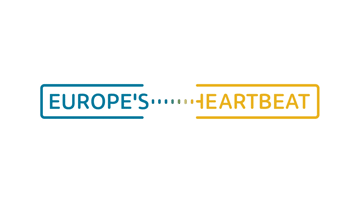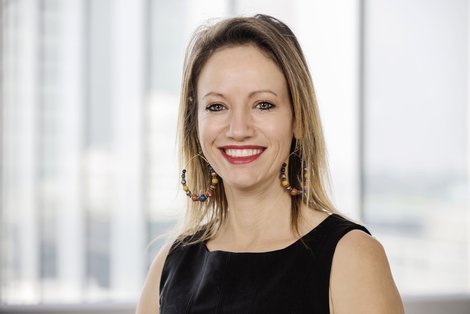In an interview, Charme Rykower talks about the economic connections to Israel, the Israeli startup scene and her personal connection with NRW.
- What is your strongest argument for promoting NRW as a location?
NRW stands for strong economic and above all industrially influential companies. The most important national and international players can be found in NRW, for example in the fields of ICT, energy, mechanical engineering, mobility and biotechnology. No other (federal) state offers a comparable cross-sectoral network of industrial partners and potential customers. From the point of view of Israeli technology providers, this is a true paradise, because the traditional and globally successful companies from and in NRW are looking for innovative technological solutions in the context of Industry 4.0 in order to be able to ensure their continued economic superiority in the digital future.
Added to this is the state's excellent geostrategic location. In the heart of Germany, but also of Western Europe, it is a logistical hub for reaching important export markets.
- What synergies do you see between the North Rhine-Westphalian and Israeli startup scenes?
Paradoxically, the synergies result from the cultural differences between the two scenes. In simply terms, Israelis are fast, flexible, creative and sometimes also brash. In contrast, North Rhine-Westphalian founders are more deliberate, cautious and well structured according to German culture. This results in wonderful synergies through an alignment of the two mentalities.
While Israeli startups still have a lot to learn in terms of scalability and long-term planning, and also when it comes to business models, startups in NRW can learn a great deal from the Israeli startup culture, such as offering creative solutions to problems at short notice.
Another important point is the willingness to accept possible failure. While it is an integral part of Israeli everyday life to take risks professionally as well as privately and to accept failure as a matter of course, German entrepreneurs often shy away from uncertainty in business startups and novel business processes for fear of failure.
- What are the differences between the startup scenes in NRW and Israel?
Here I mainly see three predominant differences.
On the one hand, the two scenes probably vary mainly in the stage of their development. I estimate that the Israeli ecosystem is about 10 years ahead of that of NRW and comparable federal states, both de facto in the maturity of the actors and in terms of technological development. This is mainly due to the aforementioned attitude towards risk. After all, venture capital is nothing more than risk capital. While the VC scene in Israel is already entering the next generation, venture capital is still quite rare in Germany.
Another difference is the role of the state in promoting the startup ecosystem. In Israel, state capital was provided as early as the 1990s, setting the first milestones for the existing network of accelerators. To this day, the state grants licenses to topic-specific incubators whose main task is to incubate early-stage and seed-stage startups for a period of two years, with state funding being allocated to them in the process.
A third distinguishing feature is the size of the two states. Since Israel is a very small country and therefore socially and professionally manageable, it is easier to know the dominant players. Geographical proximity simplifies communication and, to put it bluntly, you can exchange views on the latest developments at a lunchtime snack on Rothshild Boulevard, the heart of the Startup Nation.
- What connects you personally with NRW?
A deep admiration for what has been achieved there. Economic strength does not come about by chance, but is the result of hard and persistent work. NRW can proudly boast world-leading market players. In addition, I am always impressed by the friendliness and cordiality of the people in the Rhine and Ruhr regions. Personal encounters are always amicable, direct and highly professional.


